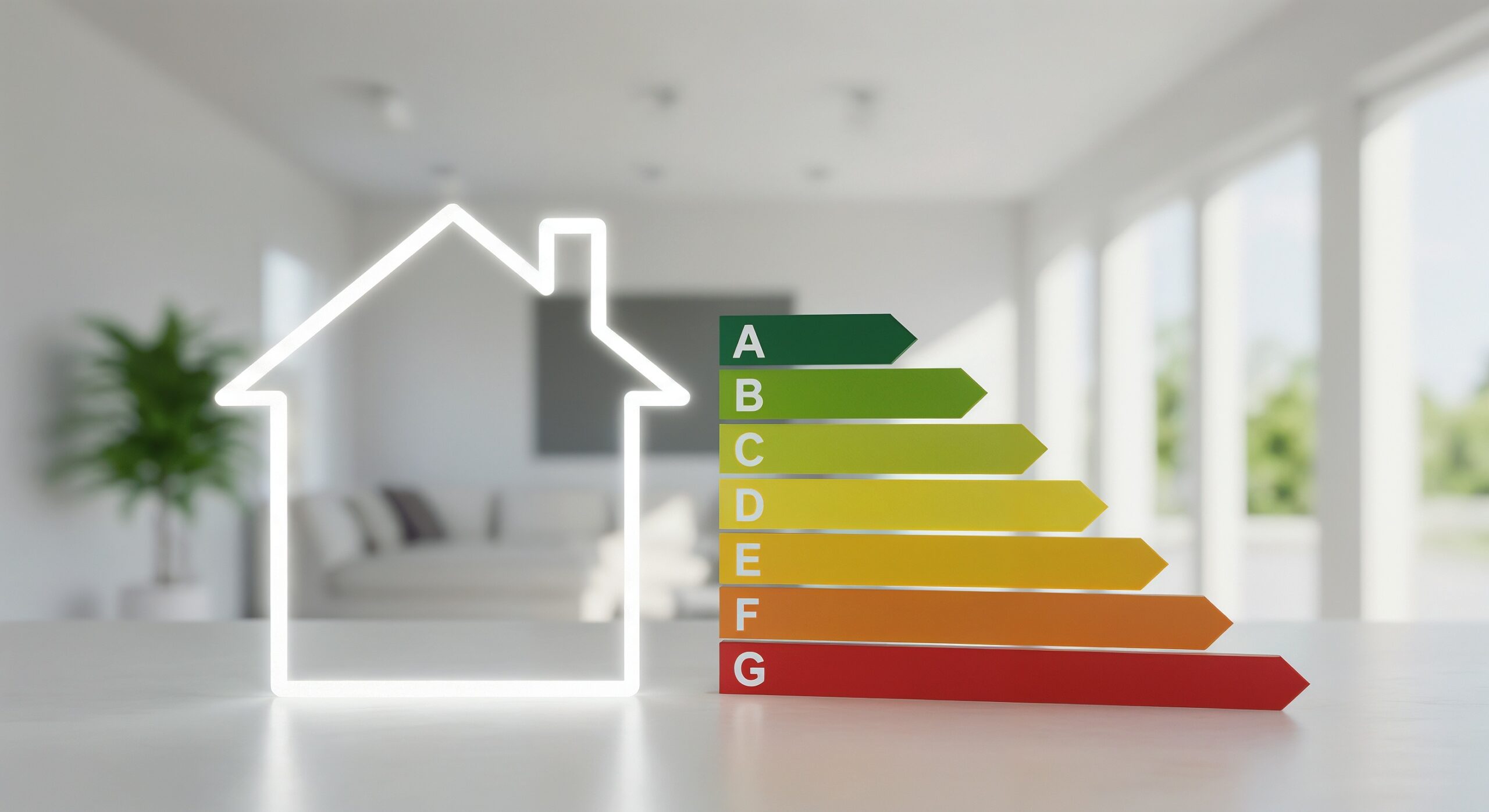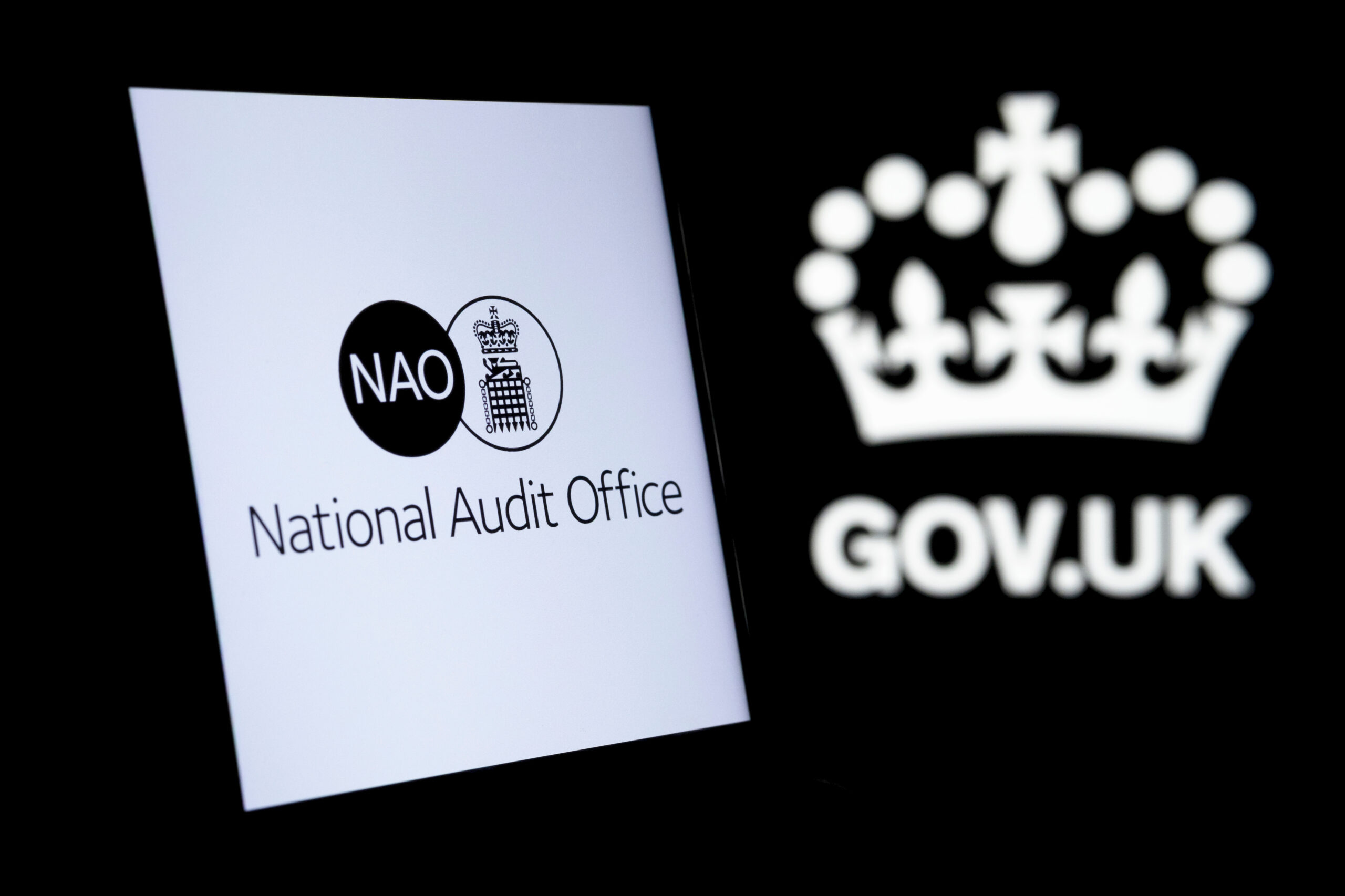Housing Associations Lead the Charge in Energy Efficiency Upgrades

More than three-quarters (76%) of homes provided by housing associations achieved an EPC C rating or higher in 2024, according to the latest report from Sustainability for Housing (SfH).
This figure far exceeds the wider housing market, where only 48% of properties meet EPC C or above, as revealed by the latest English Housing Survey.
SfH’s annual Sustainability Reporting Standard for Social Housing (SRS) found that several leading housing associations have surpassed the 80% mark for homes rated EPC C and above, including Bromford (89%), Orbit (85%), Aster (84%), and A2Dominion (81%).
The report, based on data from 91 housing providers overseeing 1.9 million homes across England, Scotland, and Wales, highlights significant progress in sustainable housing standards.
Among the 35,800 new homes delivered in 2024, an impressive 99.7% were built to EPC C standards or higher. The proportion of new homes achieving EPC A ratings has also seen a sharp rise—from 2.1% in 2022 to 9.5% in 2024.
Additionally, data and insights company Housemark estimates that 100,000 UK homes were upgraded to EPC C or better in 2023/24. While this is an encouraging step forward, it is projected to take 13-14 years to bring all social homes to this energy efficiency standard.
A Positive Development for Social Housing
These findings provide welcome news for the social housing sector, where energy efficiency is crucial for both affordability and sustainability. Lower-income households often face higher energy costs due to poorly insulated homes, making EPC upgrades essential in tackling fuel poverty.
With nearly 100% of newly built social homes meeting EPC C or above, housing providers are setting a benchmark for environmentally friendly and cost-efficient living. Improved efficiency standards directly benefit tenants by reducing energy bills, creating healthier indoor environments, and supporting the transition to low-carbon housing solutions.
Piers Williamson, chair of SfH, emphasized the broader impact:
“Despite political uncertainties and financial pressures, the social housing sector remains dedicated to an environmentally, socially, and economically sustainable future. Sustainability is about the wellbeing of residents just as much as the climate emergency.”
Introduced in 2020, the SRS framework was developed to address concerns that ESG investment in social housing lacked a standardized reporting system. Covering 48 key ESG metrics, including affordability, safety standards, and zero-carbon targets, the SRS continues to drive transparency and accountability in sustainable housing initiatives.

